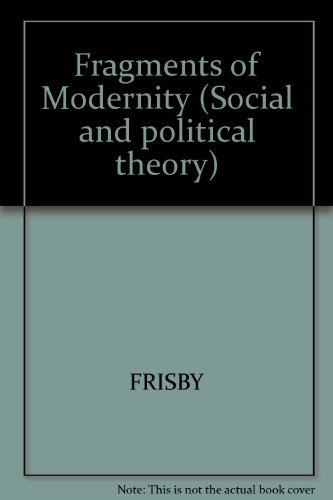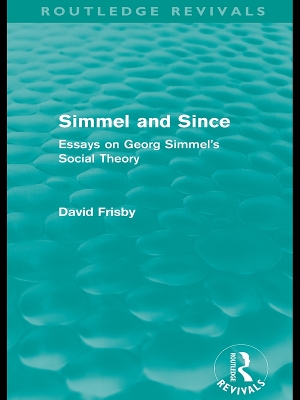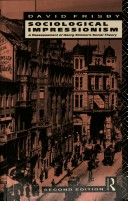Routledge Revivals
4 total works
This book should be of interest to undergraduates, postgraduates and academics of sociology and philosophy.
Originally published in 1992, this book, written by one of the world's leading experts on Simmel, provides a fascinating set of insights into a thinker who is fast becoming recognized as the sociologist of modernity; an indispensible resource in confronting post-modernity. It examines the relevance of his work in relation to contemporary debates on culture, aesthetics and modernity.



